The golden ratio has been seen in mathematics, architecture, music, natural phenomena…and now sumo wrestling.
math (Page 2)
We always thought basic math principles were useful, but who knew they could be funny too?
Studies show that only 60 percent of Japanese 20-somethings are able to correctly solve this math problem, compared to a whopping 90 percent 30 years ago.
If a notebook costs 100 yen, 20 yen cheaper than a pencil case, then how much is an eraser?
Students who add and multiply with the numbers in the ‘wrong’ order are getting their answers marked as incorrect? Japanese net users weigh in.
I think we can all agree that math is a pretty handy thing to understand, right? A basic concept of things like fractions and algebraic equivalents is what keeps us from getting taken advantage of by con men who make such tempting offers as trading two of their shiny monies (or even three!) for our one paper money when the latter is actually of greater value.
Still, basic math is all about following the proper procedures to arrive at the one true solution, which is why you don’t get partial credit for having the wrong answer on your math assignment just because you took a novel approach and wrote the numbers with nice penmanship. As such, you can program a machine to spit out the answer in a fraction of a second, and with a new smartphone app, all you have to do is snap a picture of the math problem, and let the app take over from there.
While many Japanese people might not get “American jokes,” they do seem to be enjoying some certain English memes. For example, “The Little Test That Blows Your Mind,” which recently reappeared online, was translated and posted to a Japanese website, garnering over 1,500 comments.
If you’ve already taken the test, you’ll definitely want to see how your answer stacks up against these Japanese commenters. And if you haven’t taken the test yet, be sure to give it a try!
Here’s an elementary school math question for you all:
Apples are sold for 100 yen each. If you buy 5 what is the total amount?
If you said “5 × 100 = 500” then I’m sorry but you just flunked second grade math in Japan… if there were only one question all year.
The reason is an old teaching method that is employed in elementary and middle schools throughout the country. It’s also a method that many, such as a blogger by the name of Uncorrelated, want stopped as it leads to strange logic where six times seven does not always equal 42 and five times 100 might not equal 500.
Japan is well known for both its love and skill of robots. Free of the terminator-induced prejudices of western cultures, they have blazed the way for robotic tour guides, waitresses, fish, singers, hairdressers, waste baskets, cyclists, rock-paper-scissors players, cockroaches, butts…
With so many robots, it’s hard to come up with an original one. But they are still out there. Tokyo University’s Center for the Study of Robotics came up with Denta-kun, the calculator using robot. Just to make it clear, the robot does not calculate. It just uses a calculator.
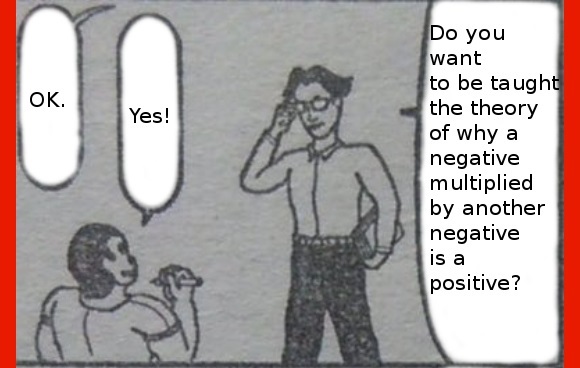
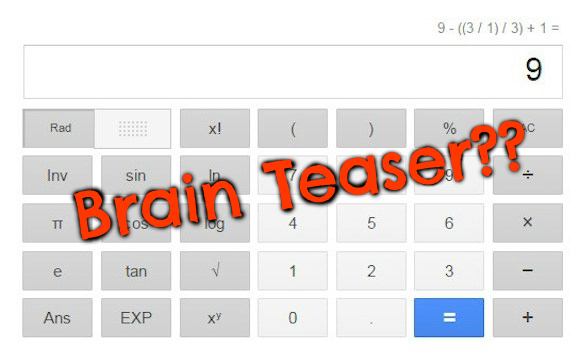
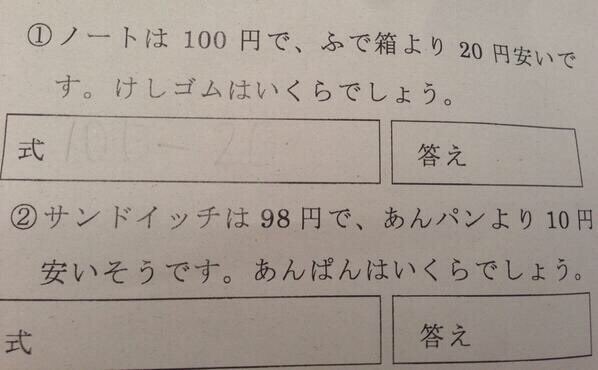
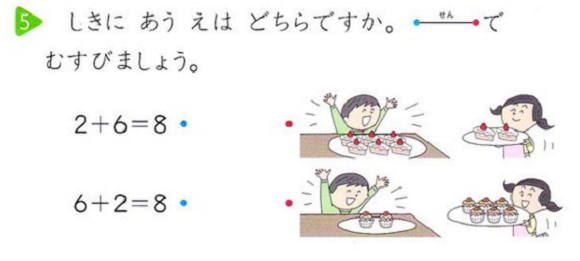
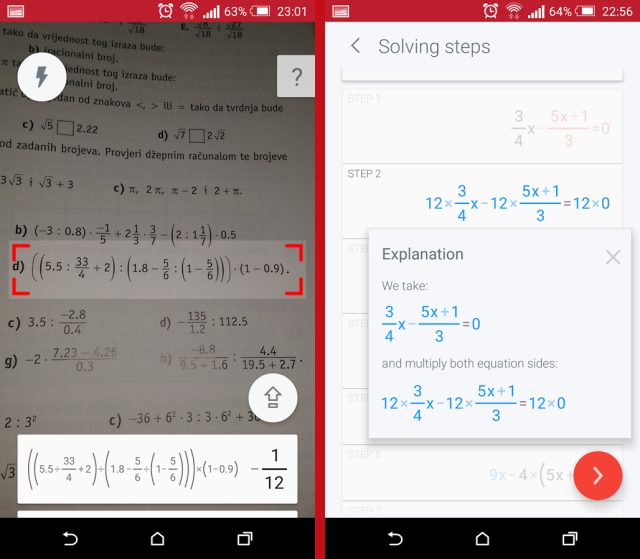
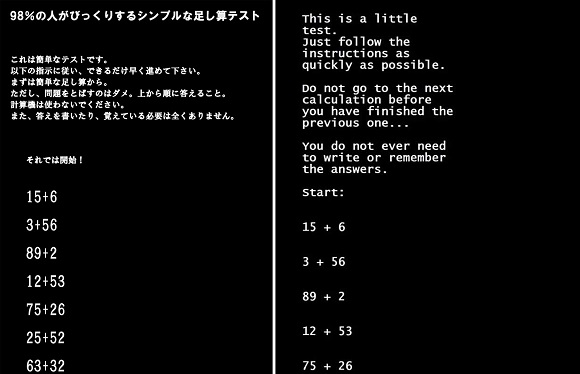

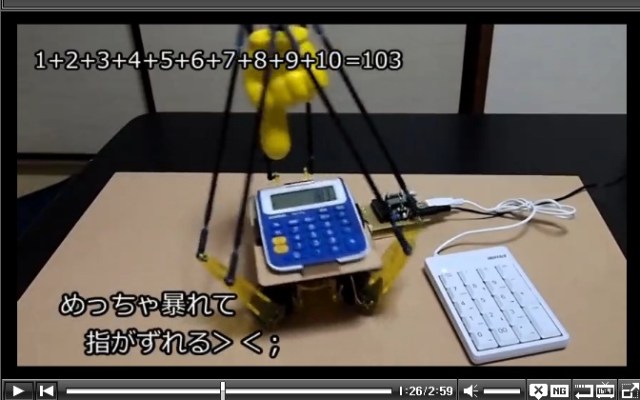
 Yakuzen ramen restaurant in Tokyo is very different to a yakuza ramen restaurant
Yakuzen ramen restaurant in Tokyo is very different to a yakuza ramen restaurant Kyoto planning surprise late-night inspections of Airbnb-style rentals to fight overtourism
Kyoto planning surprise late-night inspections of Airbnb-style rentals to fight overtourism New smartphone game turns car models into anime girls with model-worthy looks
New smartphone game turns car models into anime girls with model-worthy looks Here are the top ten foodie factory tours for the fall throughout Japan
Here are the top ten foodie factory tours for the fall throughout Japan Kagoshima conveyor belt sushi chain Mekkemon rises above the rest with its special secret weapon
Kagoshima conveyor belt sushi chain Mekkemon rises above the rest with its special secret weapon Miss World Japan: The great-times-20-granddaughter of samurai lord One-Eyed Dragon
Miss World Japan: The great-times-20-granddaughter of samurai lord One-Eyed Dragon The 10 best day trips from downtown Tokyo【Survey】
The 10 best day trips from downtown Tokyo【Survey】 The top 5 ice creams you should try at Family Mart convenience stores in Japan this summer
The top 5 ice creams you should try at Family Mart convenience stores in Japan this summer Japan’s new difficult-to-drink-from beer glass protects your liver, but it’s a brutal experience
Japan’s new difficult-to-drink-from beer glass protects your liver, but it’s a brutal experience Japan’s biggest manga magazine is raising its minimum payment rate for creators
Japan’s biggest manga magazine is raising its minimum payment rate for creators The 10 most annoying things foreign tourists do on Japanese trains, according to locals
The 10 most annoying things foreign tourists do on Japanese trains, according to locals Starbucks Japan releases new sakura goods and drinkware for cherry blossom season 2026
Starbucks Japan releases new sakura goods and drinkware for cherry blossom season 2026 Naruto and Converse team up for new line of shinobi sneakers[Photos]
Naruto and Converse team up for new line of shinobi sneakers[Photos] Is Sapporio’s Snow Festival awesome enough to be worth visiting even if you hate the snow? [Pics]
Is Sapporio’s Snow Festival awesome enough to be worth visiting even if you hate the snow? [Pics] Japan has trams that say “sorry” while they ride around town…but why?
Japan has trams that say “sorry” while they ride around town…but why? Sakura Totoro is here to get spring started early with adorable pouches and plushies
Sakura Totoro is here to get spring started early with adorable pouches and plushies Starbucks Japan unveils new sakura Frappuccino for cherry blossom season 2026
Starbucks Japan unveils new sakura Frappuccino for cherry blossom season 2026 Poop is in full bloom at the Unko Museums for cherry blossom season
Poop is in full bloom at the Unko Museums for cherry blossom season Now is the time to visit one of Tokyo’s best off-the-beaten-path plum blossom gardens
Now is the time to visit one of Tokyo’s best off-the-beaten-path plum blossom gardens Playing Switch 2 games with just one hand is possible thanks to Japanese peripheral maker
Playing Switch 2 games with just one hand is possible thanks to Japanese peripheral maker Japan’s newest Shinkansen has no seats…or passengers [Video]
Japan’s newest Shinkansen has no seats…or passengers [Video] Foreigners accounting for over 80 percent of off-course skiers needing rescue in Japan’s Hokkaido
Foreigners accounting for over 80 percent of off-course skiers needing rescue in Japan’s Hokkaido Super-salty pizza sends six kids to the hospital in Japan, linguistics blamed
Super-salty pizza sends six kids to the hospital in Japan, linguistics blamed Foreign tourists in Japan will get free Shinkansen tickets to promote regional tourism
Foreign tourists in Japan will get free Shinkansen tickets to promote regional tourism Take a trip to Japan’s Dododo Land, the most irritating place on Earth
Take a trip to Japan’s Dododo Land, the most irritating place on Earth Archfiend Hello Kitty appears as Sanrio launches new team-up with Yu-Gi-Oh【Pics】
Archfiend Hello Kitty appears as Sanrio launches new team-up with Yu-Gi-Oh【Pics】 Survey asks foreign tourists what bothered them in Japan, more than half gave same answer
Survey asks foreign tourists what bothered them in Japan, more than half gave same answer Japan’s human washing machines will go on sale to general public, demos to be held in Tokyo
Japan’s human washing machines will go on sale to general public, demos to be held in Tokyo Starbucks Japan releases new drinkware and goods for Valentine’s Day
Starbucks Japan releases new drinkware and goods for Valentine’s Day We deeply regret going into this tunnel on our walk in the mountains of Japan
We deeply regret going into this tunnel on our walk in the mountains of Japan Studio Ghibli releases Kodama forest spirits from Princess Mononoke to light up your home
Studio Ghibli releases Kodama forest spirits from Princess Mononoke to light up your home Major Japanese hotel chain says reservations via overseas booking sites may not be valid
Major Japanese hotel chain says reservations via overseas booking sites may not be valid Put sesame oil in your coffee? Japanese maker says it’s the best way to start your day【Taste test】
Put sesame oil in your coffee? Japanese maker says it’s the best way to start your day【Taste test】 No more using real katana for tourism activities, Japan’s National Police Agency says
No more using real katana for tourism activities, Japan’s National Police Agency says Miss World Japan: The great-times-20-granddaughter of samurai lord One-Eyed Dragon
Miss World Japan: The great-times-20-granddaughter of samurai lord One-Eyed Dragon The 10 best day trips from downtown Tokyo【Survey】
The 10 best day trips from downtown Tokyo【Survey】 The top 5 ice creams you should try at Family Mart convenience stores in Japan this summer
The top 5 ice creams you should try at Family Mart convenience stores in Japan this summer Japan’s new difficult-to-drink-from beer glass protects your liver, but it’s a brutal experience
Japan’s new difficult-to-drink-from beer glass protects your liver, but it’s a brutal experience Japan’s biggest manga magazine is raising its minimum payment rate for creators
Japan’s biggest manga magazine is raising its minimum payment rate for creators A look back on 40 years of Japanese schools banning stuff
A look back on 40 years of Japanese schools banning stuff Japan’s 10 best Ferris wheels for beautiful views, as chosen by travelers【Survey】
Japan’s 10 best Ferris wheels for beautiful views, as chosen by travelers【Survey】 Poop is in full bloom at the Unko Museums for cherry blossom season
Poop is in full bloom at the Unko Museums for cherry blossom season Can you eat lunch in Tokyo for less than 500 yen?
Can you eat lunch in Tokyo for less than 500 yen? Testing Japan’s fluffy mayonnaise pancake cooking hack【SoraKitchen】
Testing Japan’s fluffy mayonnaise pancake cooking hack【SoraKitchen】 Hey, 2020s kids! The ’90s have a sticker picture message waiting for you in Tokyo
Hey, 2020s kids! The ’90s have a sticker picture message waiting for you in Tokyo Is China’s don’t-go-to-Japan warning affecting the lines at a popular Tokyo gyukatsu restaurant?
Is China’s don’t-go-to-Japan warning affecting the lines at a popular Tokyo gyukatsu restaurant? New Family Mart cinema opens inside Japanese airport
New Family Mart cinema opens inside Japanese airport